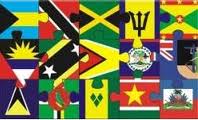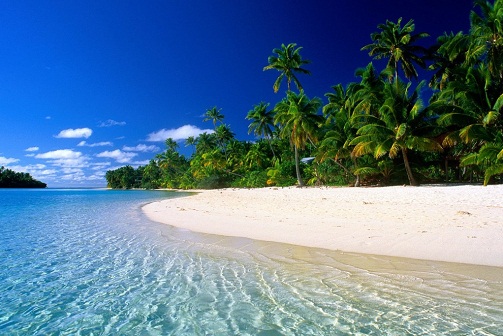BRIDGETOWN, Barbados (CMC) –
A study examining what is driving the tourism flows in the Caribbean has found that the region’s share of the global tourism market is declining.
The International Monetary Fund (IMF) Working Paper titled “Revisiting Tourism Flows to the Caribbean: What is Driving Arrivals,” finds that tourism arrivals and expenditure are sensitive to both price and income factors in source markets; price and income elasticities of tourism have declined since 2008 and that price elasticity is statistically insignificant for “high-end” destinations.
In addition, the study prepared by Nicole Laframboise, Nkunde Mwase, Joonkyu Park, and Yingke Zhou, also found that the nominal cost of an average one week beach holiday in the Caribbean is higher than in other beach destinations around the world.
“These results point to the need for structural reforms to raise product quality, cost reduction or containment in “low-end” destinations, including possibly via exchange rates, and an adjustment in aggregate consumption to adapt to the implications of a lower contribution to GDP (gross domestic product) from tourism,” the study indicated.
The study found that the Caribbean is highly dependent on tourism. In many countries, the importance of tourism increased steadily as the system of agricultural trade preferences was dismantled. Tourism gradually became the dominant sector, and now accounts for a large share of GDP, ranging from eight to 40 per cent of GDP for most of the 16 countries studied in this paper.
It found that tourism is of course the main driver of economic growth and employment, and is a key source of government revenues.
“In recent years, however, the rate of growth in tourist arrivals has stalled, and the region’s share of the global market has been shrinking. Moreover, many Caribbean countries are facing significant macroeconomic imbalances as growth has slowed and public finances have deteriorated. Thus there is strong interest in understanding what drives tourism flows.”

The study revisits the determinants of tourism and explores new factors like the impact of competitors from periphery Europe; it investigates the extent to which the global financial crisis and recession may have altered tourism demand; and it introduces the concept of a “week at the beach” index to compare the nominal cost of similar tourism products across different beach destinations around the world.
Using data covering the period 2000–2013 for 16 Caribbean countries, the paper finds that both price and income factors are found to have a significant impact on tourism arrivals and expenditure, although price elasticity is found to be statistically insignificant for high-end destinations. The number of airlines also has a statistically positive impact on arrivals and expenditure.
The 16 countries used in the study are Anguilla, Antigua & Barbuda, The Bahamas, Barbados, Belize, Dominica, Dominican Republic, Grenada, Jamaica St Kitts & Nevis St Lucia and St Vincent & the Grenadines.
The authors of the study said they excluded Guyana, Haiti, Suriname and Trinidad & Tobago –non tourism-based economies — in some of the empirical work.










